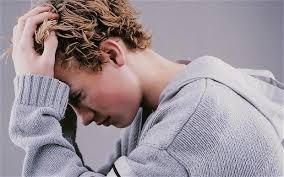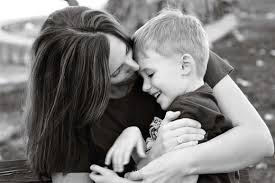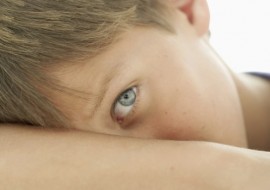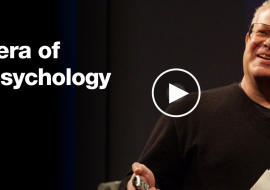Depression is a disorder that is all too common in society.
We all feel sad or ‘down’ from time to time – it’s part of being human.
For young people, it’s normal to have occasional mood swings, feel irritable sometimes, and to be sensitive to rejection and criticism. This can make it harder to tell whether you’re experiencing “normal” feelings or whether you are becoming depressed.
If you are depressed you might experience some of the following symptoms
- a lack of energy, feeling tired all the time
- feeling sad or down most of the time
- feeling hopeless or helpless, numb or empty
- thinking about suicide
- increased use of drugs &/or alcohol
- withdrawing from family or friends
- lack of interest in sex
- headaches or stomach aches
- losing interest or pleasure in things you used to enjoy
- having difficulties concentrating and making decisions
- feeling overwhelmed, irritable, guilty, sad, or unhappy
- changes in sleeping patterns

Depression is a treatable condition and excellent outcomes can be achieved with cognitive behavioural therapies with a focus on understanding what depression is, learning strategies for managing your thinking and behaviour and strategies for relapse prevention.
If you think you may have depression or are experiencing some of the above symptoms, we can help.
What is Stress and Anxiety?
Stress is not a diagnosis, but a set of symptoms that are not always a bad thing. Some people thrive on it and even rely on it to get things done, but for other people stress can cause extreme distress or discomfort. The levels of stress someone might feel can depend on the situation and their attitude towards it. An event which may be extremely stressful for one person can be a mere hiccup in another person’s life.
When to be concerned about anxiety in children
Most children have fears or worries of some kind. If you’re concerned about your child, the following tips might help you decide whether you need to seek professional help.
- Ask yourself the following question: Is my child’s anxiety stopping him from doing things he wants to do? Is it interfering with his friendships, schoolwork or family life? If the answer is ‘yes’, consider seeking professional help.
- Compare your child’s behaviour with other children of the same age. For example, it’s common for most children to experience separation fears when going to preschool or school for the first time, but far less common over the age of eight years. If your child’s behaviour is very different from that of other children, consider professional help.
- Consider how severe your child’s reaction is. If she’s extremely distressed and hard to settle when you leave her, for example, think seriously about professional help.
Severe anxiety can impact on children’s health and happiness. Some anxious children will grow out of their fears, but others will keep having trouble with anxiety unless they get professional help.
Some symptoms of stress across all ages include the following:
Emotions – anxiety, depression, tension or anger
The way you think – poor concentration, forgetfulness, indecisiveness, apathy or hopelessness
Behaviours – increased drinking and smoking, insomnia, accident proneness, weight problems, obsessive compulsive behaviour or nervousness, gambling, difficulties sleeping
Anxiety disorders are the most common of all psychological complaints. There are several disorders that come under the heading of anxiety; Generalised Anxiety Disorder, Panic Disorder, Post Traumatic Stress Disorder, Social Phobia and Simple Phobias. Anxiety disorders respond very well to Cognitive Behavioural Therapy.
If stress and anxiety are taking their toll to you or your child chat to one of our psychologists and gain invaluable skills to get a more powerful and confident you.








